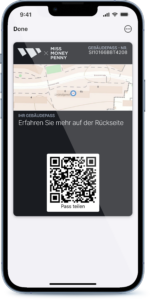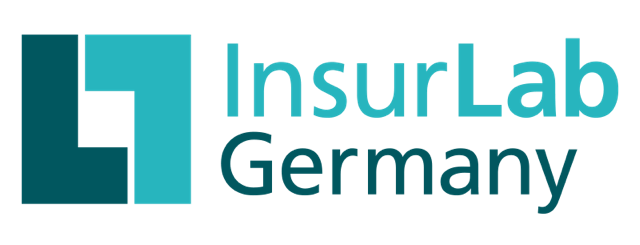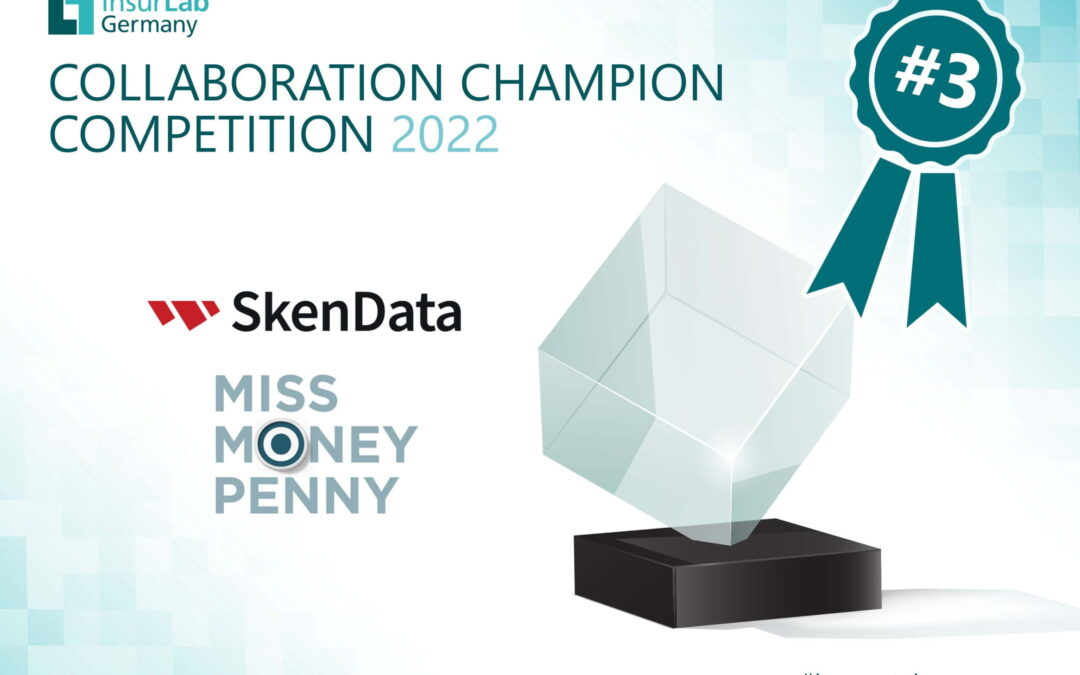The digital building passport in the wallet - simply all the information on the cell phone and without an app download. Sounds utopian? Not for SkenData and Miss Moneypenny Technologies! For this use case, the two jointly realized an individual building passport with all important functions, data and documents. The result of the collaboration between our two member start-ups is a simple "one-click" storage option for all building data. A promising and exciting collaboration - this was also the opinion of the Expert jury of the InsurLab Germany Collaboration Champion Competition and awarded third place as "Collaboration Champion 2022"..
The initial situation
The list of documents relating to one's own property is seemingly endless. Quite a few homeowners have entire folders that give the illusion of order on their shelves. This is because the individual documents can accumulate over a period of years. This makes instant access to and sharing of all building data very complicated. What is desired is a digital place where all information such as basic data, building report, energy certificate, renovation roadmap, resource passport, property report, risk report, installation certificates and much more can be stored and added to. This data should be verified, transparently available and easy to share with third parties.
 Want an example? An insurer has questions about the building and needs feedback from the customer - common practice that can often be traced back to questions about applications and forms. In the process, building data is often outdated or incomplete. Summarization forms and forms from the insurers are supposed to support the consulting process, but this is often laborious. And: the right data is often not available on the part of the owner:in. On the other hand, communication with the customer is also a cost issue: mailing letters, telephone contact, customer portals, making appointments, etc. usually cost money.
Want an example? An insurer has questions about the building and needs feedback from the customer - common practice that can often be traced back to questions about applications and forms. In the process, building data is often outdated or incomplete. Summarization forms and forms from the insurers are supposed to support the consulting process, but this is often laborious. And: the right data is often not available on the part of the owner:in. On the other hand, communication with the customer is also a cost issue: mailing letters, telephone contact, customer portals, making appointments, etc. usually cost money.
The solution
What is needed, then, is a simple "one-click" way to store the (building) data package that keeps all options open for updating, enrichment, communication and engagement downstream. SkenData and Miss Moneypenny Technologies have decided to literally "put the management of building documents in your pocket": with the digital building passport! This benefits customers, insurers, financial institutions and building service providers as well as the government.
To this end, both companies launched the "Digital Building Passport" pilot project at the beginning of 2022. The target group of the project are financial institutions, insurance companies and platforms as well as their users. The digital building passport is initialized by e-mail, SMS, QR code (personal handover) or from the consulting application. Users receive an individual building passport with an initial version. It contains important data for all stakeholders and thus facilitates many processes for the users. All building data can be stored centrally in the wallet on the smartphone and shared quickly and easily with relevant parties as needed.
"We are combining two breakthrough technologies. Such a speed of development is not possible at all on our own."
Sven Jantzen, CEO and Co-Founder of SkenData GmbH
The innovation
SkenData offers an end-to-end digital process for buildings to meet EU taxonomy requirements. The process starts with the indication of key ESG KPIs, such as CO2 emission, primary energy demand and energy efficiency class. To do this, the building must be located and verified. The building's characteristics are needed for documents and certificates. These include value assessments, energy demand certificates and proposals for energy improvements in the form of an individual renovation roadmap. And the implemented measures must be tracked and updated; the data then flows into a reporting system.
The need for ESG data is huge. Insurers and banks are called upon to create green building products and offerings with low barriers to entry. They should simultaneously meet taxonomy requirements and follow measurable KPIs. The digital building passport is both an endpoint and a starting point for communication. It offers many benefits: Incentivization, dialogue with customer:s, and quick onboarding. It is the ideal medium, especially for items that require only occasional communication or data maintenance. For example, it makes it easier for users to complete official procedures, submit applications to financial institutions, obtain quotes (tradesmen, energy suppliers, manufacturers, etc.) and offers them transparency in terms of savings potential and building value.
The simple handover of the results at the end of a consultation is a great advantage for consultants and users. Adding the results to the already existing digital wallet promotes the emotional presence of the object. The building passport becomes a flexible user:inside interface and enables the updating of the stored data. Cost and process savings.
The history and reasons for cooperation
The Berlin-based company Miss Moneypenny Technologies has already been developing digital passports for smartphones for several years and is also working with various insurers in this area. Rostock-based SkenData, on the other hand, contributes field-tested know-how and technology in the valuation of buildings. Miss Moneypenny Technologies and SkenData first got to know each other during an event organized by InsurLab Germany, of which both start-ups are members. The initial contact was followed by further joint exchanges and ideas, which ultimately led to a joint project - the digital building passport.
By combining the know-how and technologies of two innovative InsurTechs, the company succeeded in implementing the plan to collect and make available all building data and documents in the wallet on the smartphone.

"When two young, up-and-coming startups join forces in a complementary way, suddenly something new emerges that has so much power that you can't really grasp it at that moment and can only guess at it."
Marc Lampe, Founder and CEO of Miss Moneypenny Technologies
The outlook
The digital building passport and the collaboration between the two start-ups is already attracting keen interest in the market. Miss Moneypenny Technologies and SkenData already have advance orders from customers and are jointly developing a proof of concept (POC). For example, cooperations with banks and insurers, but also with energy consultants or municipal utilities are conceivable.

